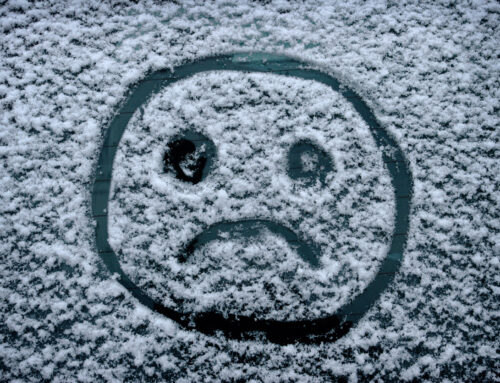By Anna Passyn, LPC
We watched Frozen 2 the other night and were as enthralled with the story as anyone. Everything is normal, then the challenge arises, the heroines rise to meet the challenge, all is good in the world. So satisfying, so uplifting, and a confirmation of what we know is true: courage matters, it makes a difference. Whether it’s Elsa and Anna, Harry Potter or Ironman, the arc of the hero’s story is repeated over and over, in film and books and in the real world.
Of course, we all love the part when the wrong is being righted, when good is conquering. But the hook of the story, the part where we all sit on the edges of our seats, is watching the hero when the challenge is presented. What will she do? There are moments of self-doubt and loneliness, of questioning and fear. Those are the moments most captivating. We all know what those moments feel like in our own lives.
In the real world, at this moment, the word “hero” is reentering common language. Usually, a term reserved for our military, the word is being used to describe our frontline servants in the COVID-19 crisis. The military is included in this group, as they are often among the first to answer the call of service and sacrifice. Added are those that are caring for the sick and those providing necessities to the rest of us.
In every interview I’ve seen, the caregiver or CVS worker, the hero, talks about her fear for her own well-being and that of her family; she talks about the weariness that is part of the job right now. And then she goes to work. We can’t help but watch and marvel at the courage and steadiness, at the conviction and sense of duty.
Most of us are not living a high-risk life right now; we are, more likely, staying home as much as is possible and just trying to get through this. And while our emotions may not be as intense as our heroes’, we are, many of us, wracked by self-doubt and loneliness, worrying about our families and futures; we are facing financial strain, missing our normal routines and trying to support children and parents. For many, the temptation is to turtle – to withdraw and protect ourselves waiting for it all to go away.
What if, like those we admire, like our heroes, we acknowledged our fear and walked toward the scary thing anyway? Maybe it’s contacting a landlord to learn about getting a break on the rent, FaceTiming with a favorite coworker for afternoon tea at 3:00 each day, proofreading a history paper for your teen and having a regular check-in with mom and dad. What if going to work, in whichever area in your life needs extra attention, would be better than withdrawing?
What would it look like for you to do the next right thing?






